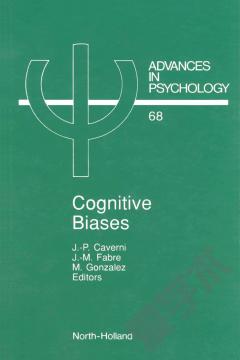Plotinus on Consciousness
Plotinus is the first Greek philosopher to hold a systematic theory of consciousness. The key feature of his theory is that it involves multiple layers of experience: different layers of consciousness occur in different levels of self. This layering of higher modes of consciousness on lower ones provides human beings with a rich experiential world, and enables human beings to draw on their own experience to investigate their true self and the nature of reality. This involves a robust notion of subjectivity. However, it is a notion of subjectivity that is unique to Plotinus, and remarkably different from the Post-Cartesian tradition. Behind the plurality of terms Plotinus uses to express consciousness, and behind the plurality of entities to which Plotinus attributes consciousness (such as the divine souls and the hypostases), lies a theory of human consciousness. It is a Platonist theory shaped by engagement with rival schools of ancient thought.
{{comment.content}}








 京公网安备 11010802027623号
京公网安备 11010802027623号